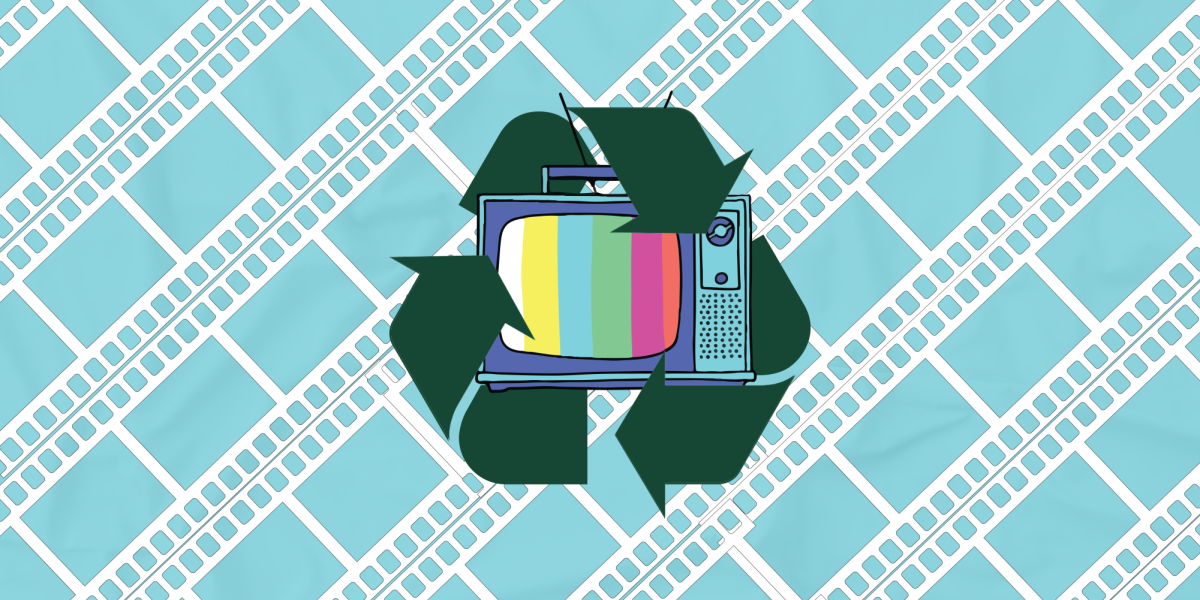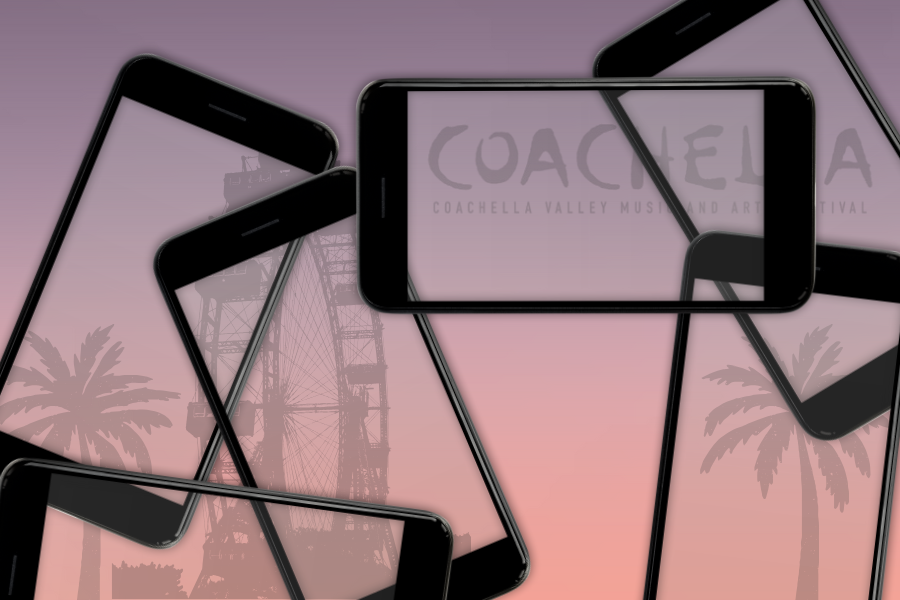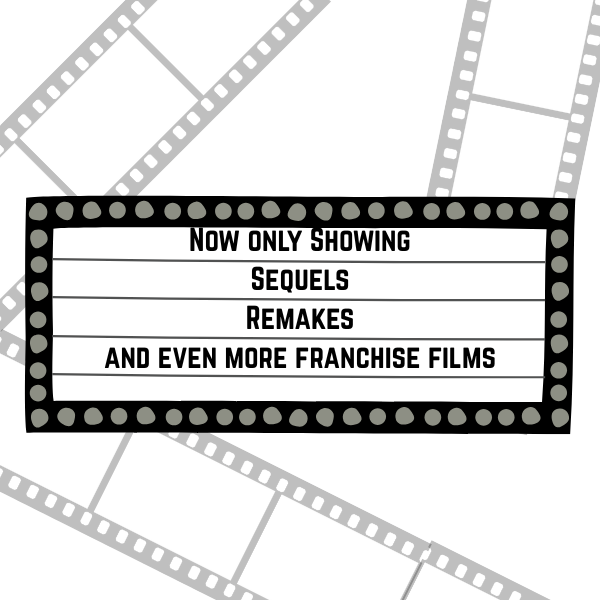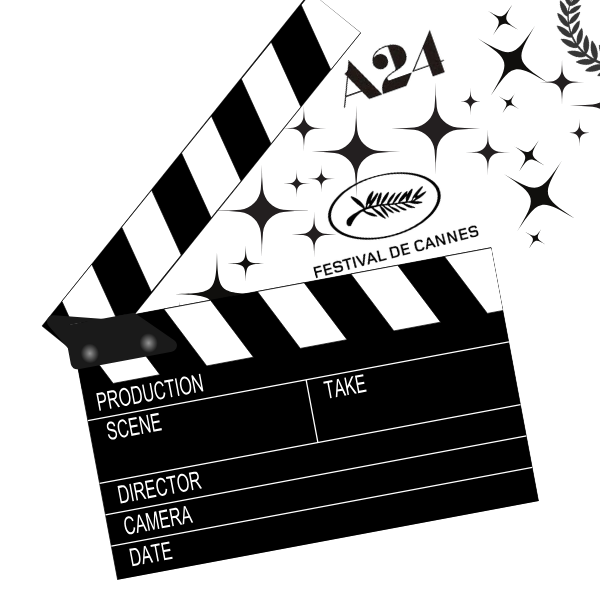After months of striking from the Writers Guild of America, who struck a deal with producers Sept. 27, studios have returned to production. Because of this, producers have been able to announce multiple new shows and movies, including a rumored reboot of the popular sitcom “The Office.” Rebooting a piece of media has been a lucrative tool for blockbuster studios like Disney, Warner Brothers and Paramount. However, the question lies in the creative integrity of recycling media — or lack thereof.
“The Office” was an incredibly well-received program. The show has stood the test of time and still holds significance in the media and on social platforms. Even though I do not personally like it, I can still recognize how it changed the format of sitcoms and comedy in the early 2000s. It was a show that brought alternative comedy to mainstream television and carved a spot for other quirky sitcoms such as “Parks and Recreation,” “New Girl” and “What We Do in the Shadows.”
Despite its popularity, “The Office” had already over-ran its stay on television. The show has nine seasons, however, according to CBR, many fans report feeling that the show “jumped the shark” — a popular industry term for “becoming bad” — after season four. It’s something that multiple shows have fallen victim to either by rehashing the same tropes, making poor character decisions or stretching out one plot until the show becomes unrecognizable to its audience.
Shows that have a proper ending, rather than a prolonged painful death, carry a longer-lasting positive legacy. I feel that rebooting a show is just another way to ruin its legacy. Disney is the poster child for beating a dead horse when it comes to storylines in its new content. In recent years, Disney has been reworking and rebooting their nostalgic movies with sometimes controversial live-action remakes.
To many movie nerds, including yours truly, there is a clear difference between cinema as an art form versus as a lazy cash grab. The difference is heart, something that has become clearer to even the most casual of moviegoers. What makes the Disney remakes bad, and what made the later seasons of “The Office” garner mixed reviews is not just quality, it is the intent the producers had when prolonging the property in the first place. Are they making art or are they making money?
Disney’s attempt to recreate its Golden Age in animation through live-action remakes has worsened the industry’s lean towards a regurgitation of material for a quick buck.
This is what drives the lack of diverse stories in Hollywood. If you tell the same stories repeatedly, the same people will continue to be left out. Throwing more money at those stories is not going to change the fact that they have been watered down and ruined.
While there is no quick fix to the industry, the strike-ending and fantastic deal the WGA secured with major studios is a step in the right direction. The mandatory protection for writers from being unjustly treated by their studios shows that there can be change for the better within the industry.
If Hollywood continues to recognize the rights of its creators inside the writers’ room, the trend of lifeless media for fast cash may go extinct. “The Office” has served its time on television, and has spoiled from something original into the aforementioned lifeless slop. I believe that leaving room for writers and taking money away from reboots is what will promote originality.
Outside of the Armageddon of recycled content, there are stories that bring me hope that this could be true such as Jordan Peele’s “Nope” or the Netflix original series “Sex Education,” however, waiting for the death of reboots is like watching paint dry, painfully gradual.










